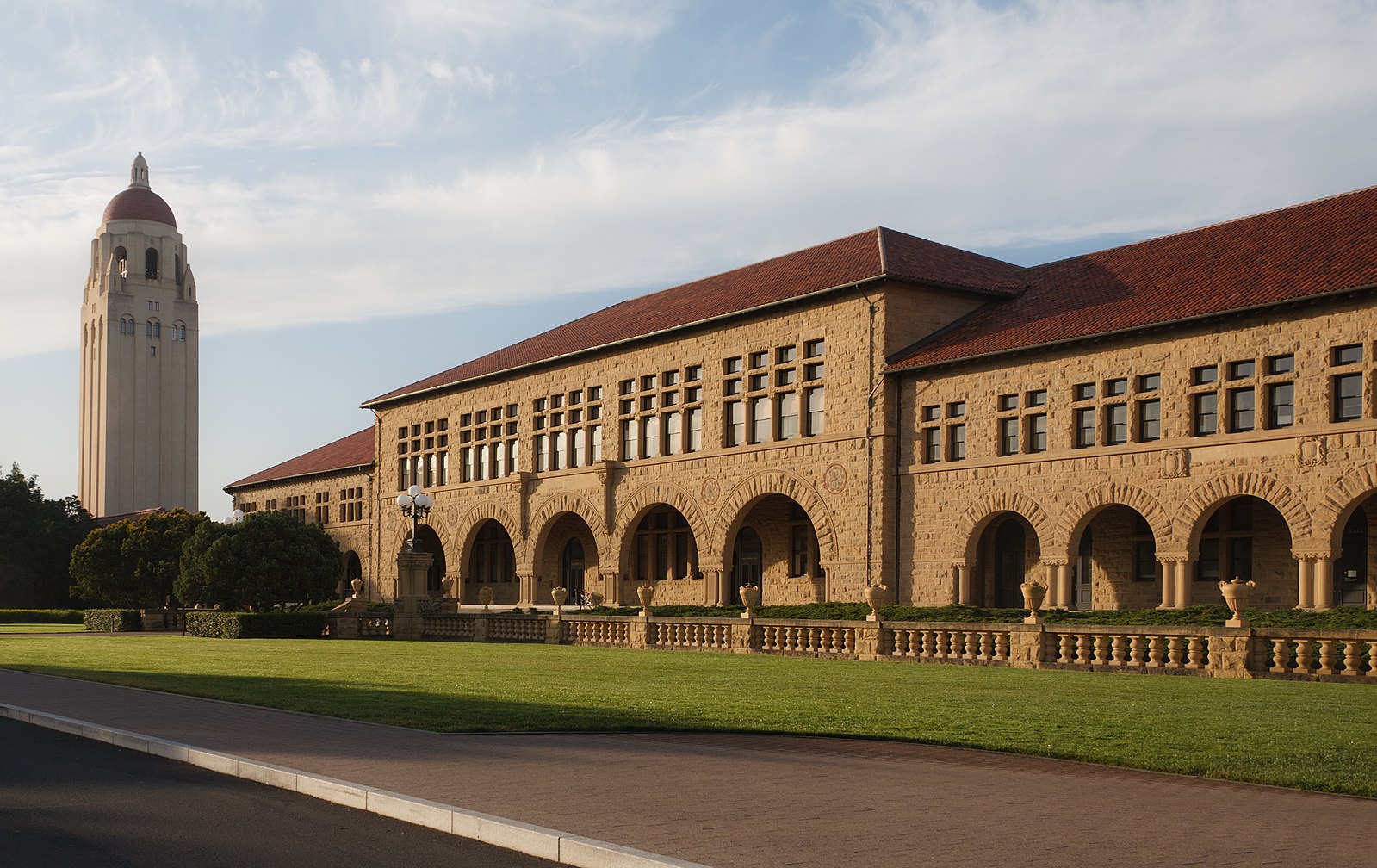Short Course 6h | Structural Health Monitoring | United States
In the context of the IWSHM 2025, Palo Alto

This in-person 1-day 6-hour short course poses the structural health monitoring (SHM) applied to bridges and special civil structures in the context of a pattern recognition paradigm with hands-on experiences. It will be held in Palo Alto, California, on September 8, 2025, just before the International Workshop on Structural Health Monitoring (IWSHM) 2025. The registration is separated from the workshop. You can register here.
Why bridges rather than just special structures? Because bridges are considered the main vulnerable civil structure in the last decades due to the number of structural failures observed around the world. Why SHM rather than SHM of bridges? Because most of the techniques and general procedures described are independent of the structure. Therefore, the techniques are first presented for general applications and then real examples are shown with hands-on experiences in the context of bridges. In this manner, students can learn the general concept of SHM and apply it later on to almost any engineering structure.
Targeted public: The course is tailored towards graduate students and/or practicing engineers working full-time in public and private institutions or consultancy companies.
Sustainable development goals: This course contributes to the Sustainable Development Goals (SDGs) 9 and 13, by promoting sustainable and resilient infrastructure through the introduction of new technologies and innovation to guarantee the safety and comfort of people.
Keywords: SHM, bridges, pattern recognition, machine learning, damage identification, supervised learning, unsupervised learning, finite element modeling and numerical models.
LOCATION
 |
The in-person activities will take place on campus of the Stanford Univeristy, in Palo Alto, California, just one day before the IWSHM 2025. The room will be announced later on. |
REGISTRATION
Cost of attending the training is €300, which includes coffee-breaks. You can make the registration here. Registration is mandatory to prepare material, receipts, and certificates.
SPECIFIC OBJECTIVES
- Pose the SHM in the context of a statistical pattern recognition paradigm.
- Conduct damage identification using vibration-based SHM.
- Understand the applicability of finite element modeling and machine learning for data interpretation and damage identification.
- Give hands-on experiences to speed up the learning process on SHM, running application examples in real-time.
- Understand the role of SHM to support climate change adaptation.
- Understand the goal of SHM, with current limitations, grand challenges, and future trends.
COURSE SYLLABUS
- Session #E1 (1h) | Remote | Introduction to SHM, September 1, 2025, at 3 pm Lisbon Time.
- Session #E2 (1h) | Remote | Risk-based integrity management, September 15, 2025, at 3 pm Lisbon Time.
OBSERVATIONS
- Each regular session has a duration of 1.5 hours.
- Course notes as well as codes written in Matlab will be distributed at the end of the course.
- A Certificate of Attendance will be issued at the end of the course.
- Contact information? Please email either of the instructors:
Este endereço de email está protegido contra piratas. Necessita ter o JavaScript autorizado para o visualizar. orEste endereço de email está protegido contra piratas. Necessita ter o JavaScript autorizado para o visualizar.
INSTRUCTORS
Eloi Figueiredo – PhD in Civil Engineering (2010) and Full Professor at Lusófona University with over 110 publications on structural health monitoring (SHM) through books, book chapters, peer-reviewed journals, and conference proceedings; and about 90 opinion articles to promote science in our society. He is the coordinator of the Civil Research Group and has scientific collaborations with several institutions in Europe, United States, and Brazil.
Ionut Moldovan – PhD in Civil Engineering (2008), has more than 80 scientific publications, including books, book chapters and papers in international journals and conferences. He is the Principal Investigator of the Project INTENT, funded by the Portuguese Science Foundation (FCT), and lead developer of FreeHyTE, the first public, open-source and user-friendly computational platform using hybrid-Trefftz finite elements.
Michael Havbor Faber – Professor at Lusófona University. He is discipline Director for Risk, Resilience and Sustainability at NIRAS A/S in Denmark, and he has a position as Chair Professor at Harbin Institute of Technology in China. His research interests are directed on probabilistic modeling and analysis of systems with applications to governance and management of risks, resilience and sustainability in the built environment. Initiating president of the Joint Committee on the GLOBE Consensus, past president of the Joint Committee on Structural Safety, member of the WEF Global Expert Network on Risk and Resilience, member of the Danish Research Council and the Danish Academy of Technical Sciences. Michael was awarded the Allin C. Cornell Award in 2019.
